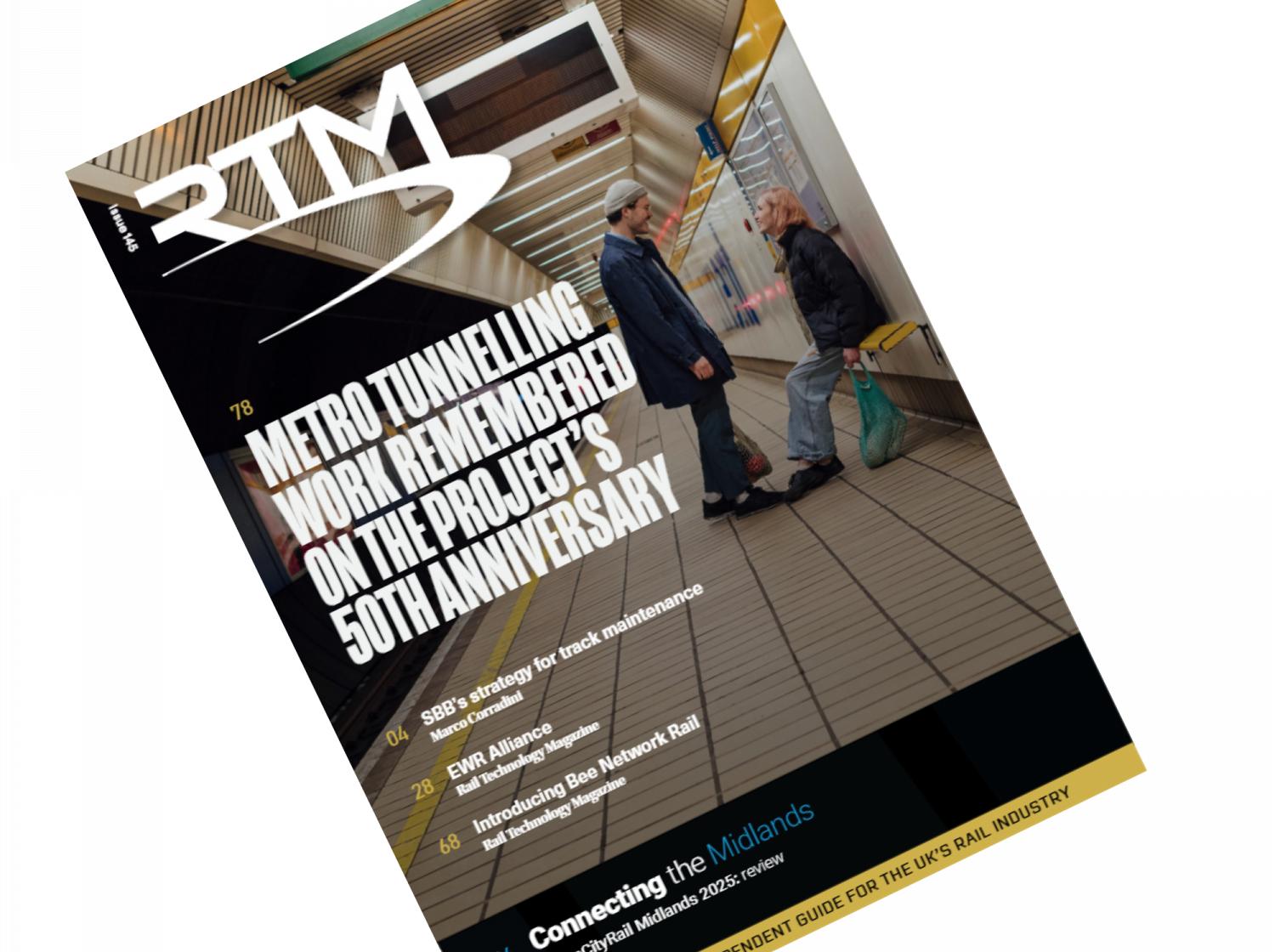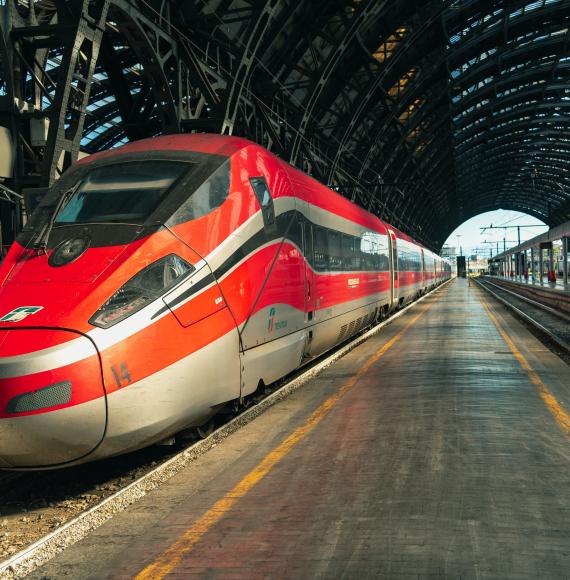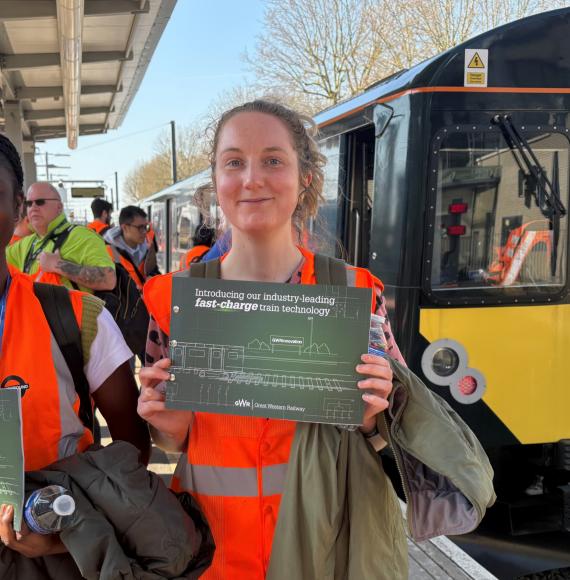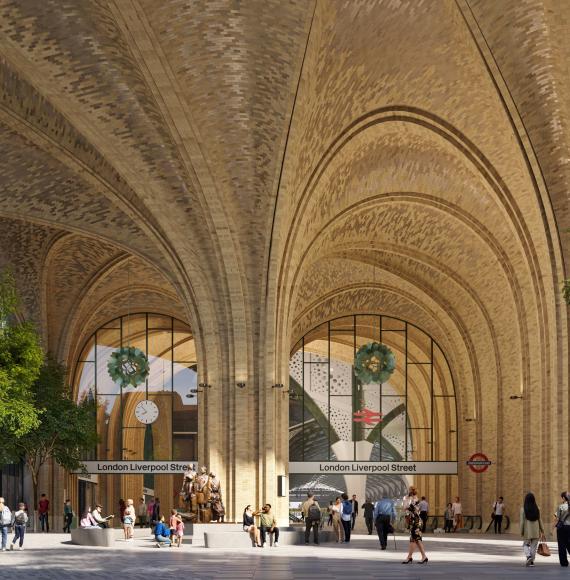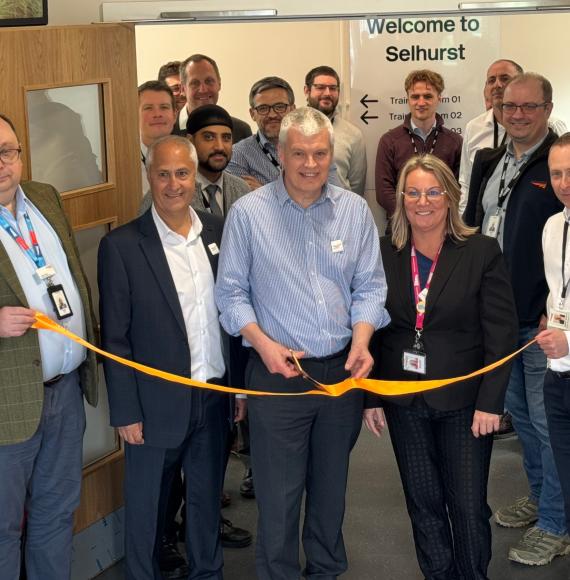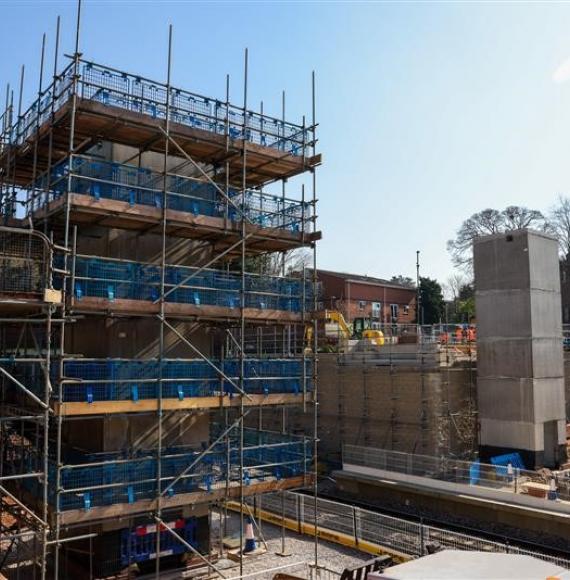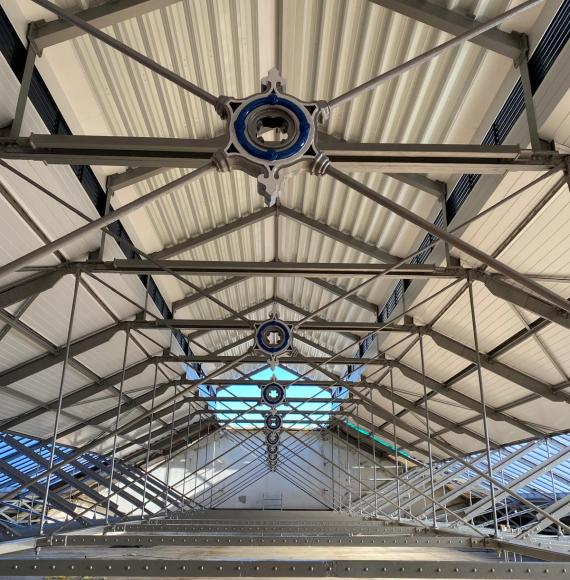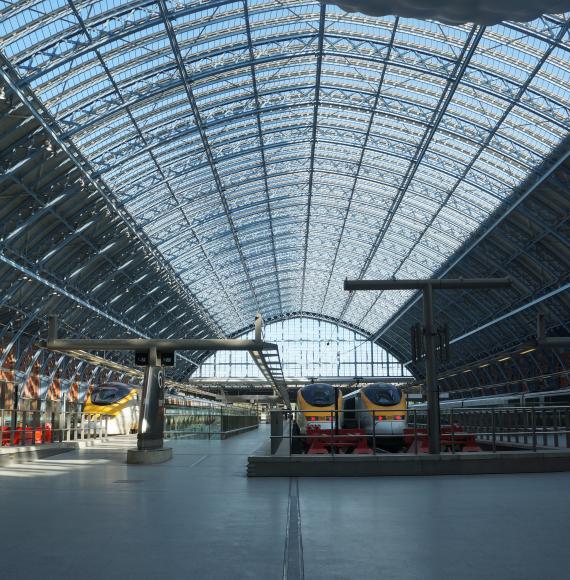Commuters in the West Midlands and Greater Manchester are to benefit from simpler, more flexible travel as new pilot schemes have been announced by the Rail Minister, Huw Merriman.
Using new barcode scanning technology, passengers will be able to “tap-in and “tap-out” at stations, which will ensure that they pay the best possible fare for their journey. The scheme has been funded in part from reallocated money from the cancelled HS2 Phase 2 project.
The pilot will initially see 80 stations covered across the Transport For West Midlands (TfWM) area whilst Greater Manchester’s pilot scheme is planned to include 17 stations on the Glossop to Manchester Piccadilly and Stalybridge to Victoria lines.
In Manchester, the technology will use contactless bank cards and smart devices. It will also support the wider ambition to deliver full multi-modal fares and ticketing integration in the regions Bee Network by 2030.

Meanwhile, in the West Midlands, TfWM will utilise its existing ‘Swift’ smartcards to implement the technology rather than introducing any new system.
Rail Minister, Huw Merriman, said: “We want to encourage more people back onto our trains, with tap-in technology meaning using our stations couldn’t be easier.
Our railways have a long history, but projects like these – part of the government’s wider plans for reform – will ensure they have a bright future too.”
In preparing the pilots, the Department for Transport (DfT), Great British Railways Transition Team (GBRTT) and Rail Delivery Group (RDG) have worked closely with TfWM, the West Midlands Rail Executive, Transport for Greater Manchester and train operators. Work will continue to finalise plans for the pilots ahead of launch in 2025.
Andy Street, mayor of the West Midlands, said: “Our Swift smartcard already enables passengers to transfer seamlessly between our various local bus operators and Metro tram services whilst guaranteeing they get best value fares.
“Now thanks to this pilot scheme, we will now add rail to our offering – making Swift truly multi-modal and bringing us much closer to a London ‘Oyster card’ style system.
“This is a practical example of how the Deeper Devolution Deal we agreed with government is delivering tangible benefits for local people right across our region.”
Once this pilot is in place, it will see tap-in-tap-out stations to 500 across England, including the planned expansion of the technology in the South East later this year.
Photo Credit: TfWM



